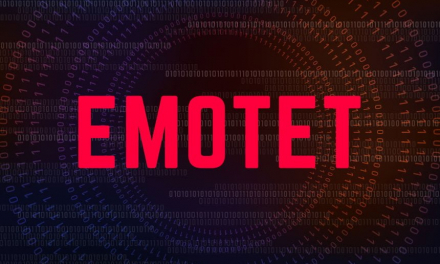Here is an inkling of what 2,000 voters thought of the election-linked data privacy, phishing, fraud, hacking and social engineering risks
In a recent survey of 2,000 registered voters in the United States on their feedback about the impact of cybersecurity and AI on the 2024 election season, the following findings were announced.
First, some 78% (an average of 79% [Democrats] and 80% [Republicans]) of respondents were concerned about AI-generated content being used to impersonate a political candidate or create inauthentic content.
Second, 42% of Democrat respondents and 49% of Republican respondents cited believing AI will have a negative effect on this year’s election outcomes.
Other findings
- 85% of respondents did not have a high level of confidence that political campaigns effectively protect their personal information.
- 26% of respondents indicated they had not completed a transaction making a campaign donation because of concerns about the security of the transaction or how their personal information would be handled. Additionally, 42% of those that had donated to a campaign said their likelihood of donating again would change if the campaign was hacked, and 30% cited that any hacking would “change the likelihood of a candidate receiving their vote”.
- 41% of respondents believed that an AI voice played to them, that the voice was authentically human. Also, 52% had received an email and/or text message appearing to be from a campaign that they suspected was actually a phishing attempt.
- Registered voters would like to see campaigns and candidates:
- Take precautions to prevent their websites from being hacked (42%)
- Use strong security measures like multi-factor authentication (MFA) on their accounts (41%)
- Have policies in place and train staffers and key volunteers on cybersecurity for the campaign and protecting personal information (38%)
The survey was commissioned by non-profit/non-partisan organization Defending Digital Campaigns and its philanthropic partner Yubico. According the former organization’s president and CEO Michael Kaiser: “Campaigns are the heart of our democracy and every campaign must adopt basic cybersecurity protections. This year’s election is particularly risky for cyberattacks directed at candidates, staffers, and anyone associated with a campaign. Having the right cybersecurity in place is not an option — it is essential for anyone running a political operation. Otherwise, campaigns risk not only losing valuable data, but losing voters.”
According to Yubico’s spokesperson, potential hacks such as fraudulent emails or messages sent out impersonating people on social media accounts are detrimental to the trust levels of campaigns. Proper steps need to be enforced to protect the truth, to build trust with voters, and to ensure transparency and accountability.

















